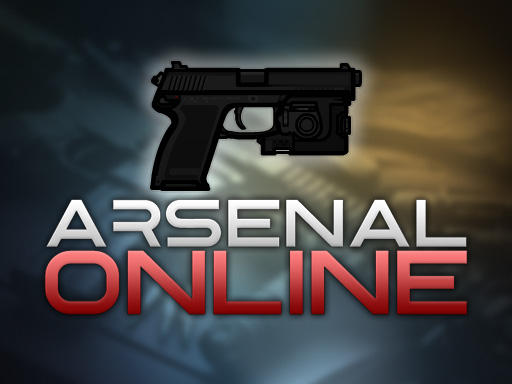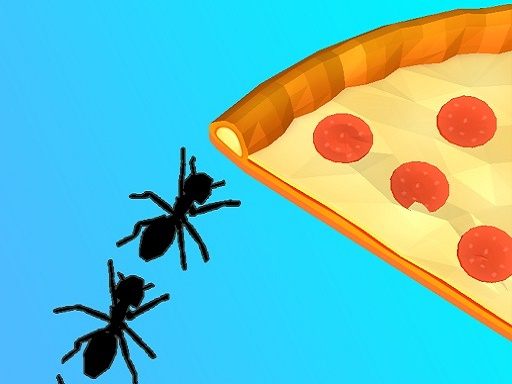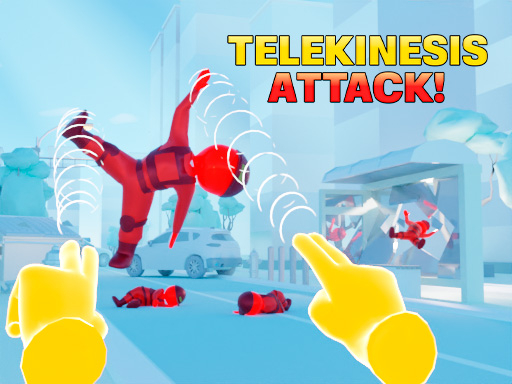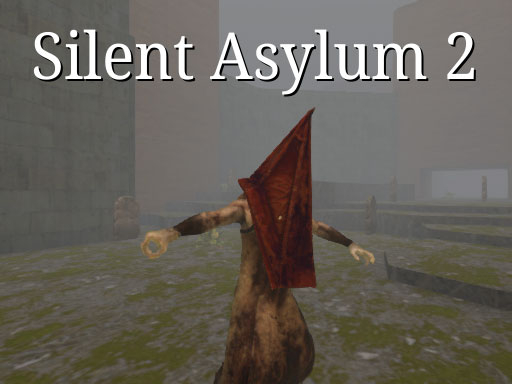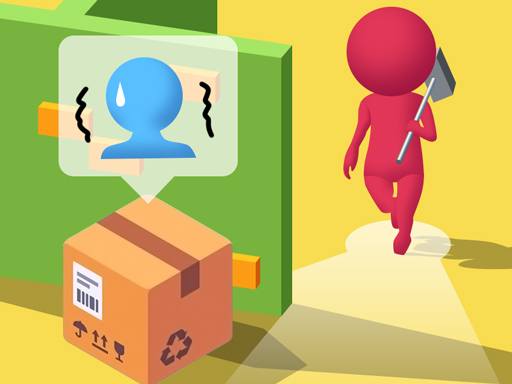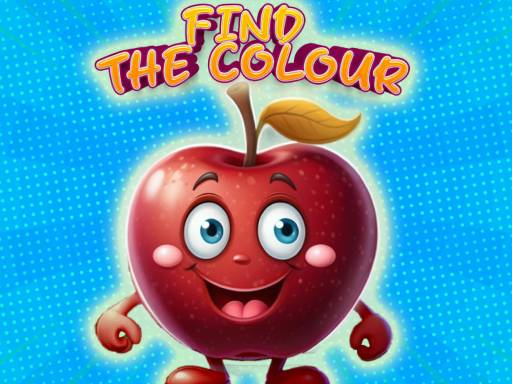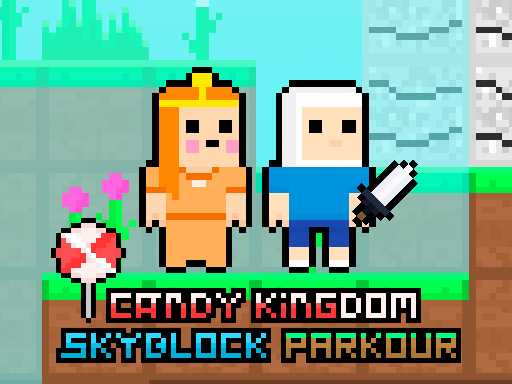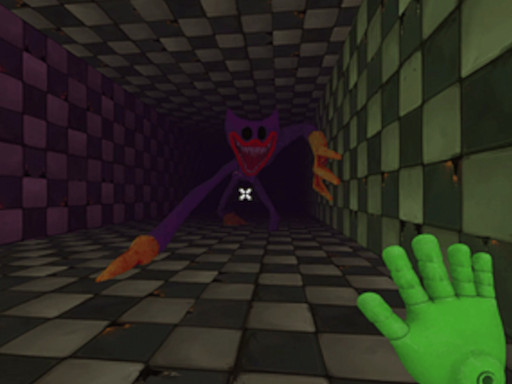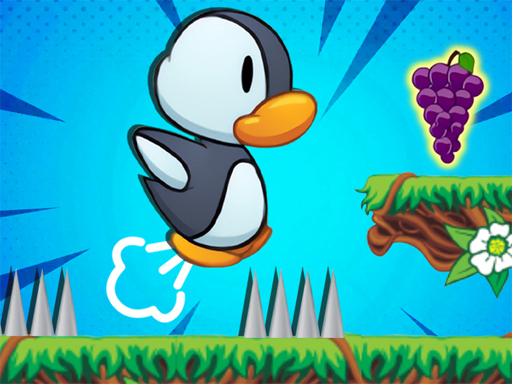Tournaments add excitement and competition to HTML5 games, bringing players together for intense matchups. Whether you’re a game developer, community organizer, or a competitive gamer, setting up a tournament in an HTML5 game can create an engaging and fun experience. Here’s a step-by-step guide on how to organize an HTML5 game tournament.
1. Choose the Right HTML5 Game for a Tournament
Not all HTML5 games are suited for tournaments. The best ones have competitive elements, multiplayer modes, and ranking systems. Popular choices include:
- FPS & Battle Royale: Krunker.io, MiniRoyale2, War Brokers
- Strategy & MOBA: Taming.io, Goodgame Empire, Stabfish.io
- Sports & Racing: Madalin Stunt Cars 3, Soccer Masters, Basketball Legends 2025
- Casual & Party Games: Skribbl.io, Gartic.io, AmongArena.io
2. Define the Tournament Format
Decide on the structure of your tournament:
- Single-Elimination: Players are eliminated after losing one match.
- Double-Elimination: Players get a second chance in a lower bracket.
- Round-Robin: Everyone plays against each other, and the top scorers advance.
- Leaderboard Challenge: Players compete for the highest score within a set time.
3. Select a Platform for Managing the Tournament
Use an online platform to track scores, schedule matches, and communicate with players. Some popular options include:
- Challonge – Great for brackets and match tracking.
- Toornament – Supports esports tournaments with automation.
- Battlefy – Ideal for larger-scale competitions.
- Discord – Use bots for organizing informal tournaments.
4. Set Tournament Rules and Guidelines
Clearly outline the rules to ensure fair competition:
- Game settings: Time limits, match length, or in-game restrictions.
- Player conduct: No cheating, harassment, or exploiting bugs.
- Scoring system: How winners are determined (e.g., highest score, best of three).
- Tiebreakers: Methods for resolving ties (e.g., extra round or sudden death).
5. Promote Your Tournament
To attract players, promote your tournament on:
- Gaming forums & communities – Reddit, Discord servers, and Facebook groups.
- Social media – Twitter, Instagram, and TikTok for gaming clips.
- Game-specific sites – Platforms like Krunker.io and Skribbl.io often have built-in community spaces.
6. Run the Tournament and Track Results
During the event:
- Live stream matches on Twitch or YouTube for engagement.
- Update brackets in real-time using Challonge or Toornament.
- Resolve disputes quickly with clear rule enforcement.
7. Reward the Winners
Encourage participation by offering:
- In-game rewards like skins, badges, or currency.
- Gift cards or prizes for top players.
- Bragging rights with leaderboard recognition.
Conclusion
Setting up a tournament in an HTML5 game requires planning, organization, and promotion, but it can lead to an exciting competitive event. Whether you're hosting a casual community challenge or a full-scale esports tournament, following these steps will ensure a successful experience.
